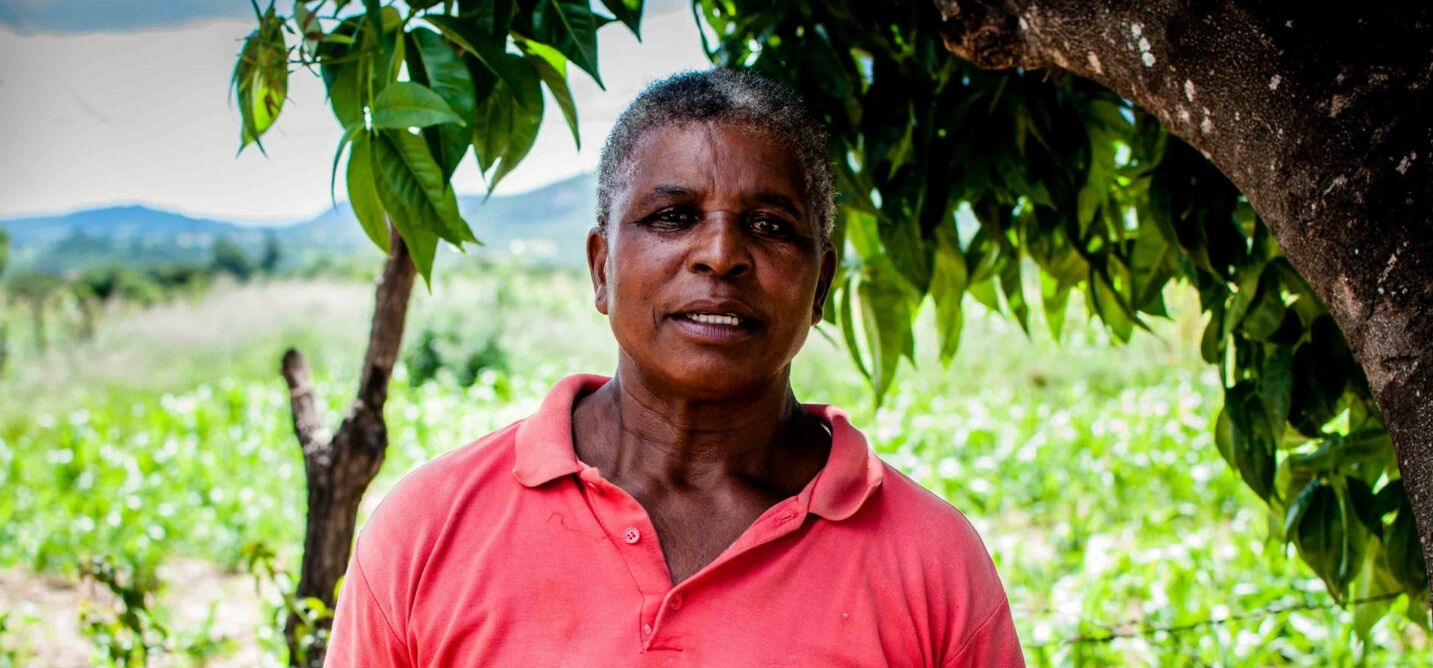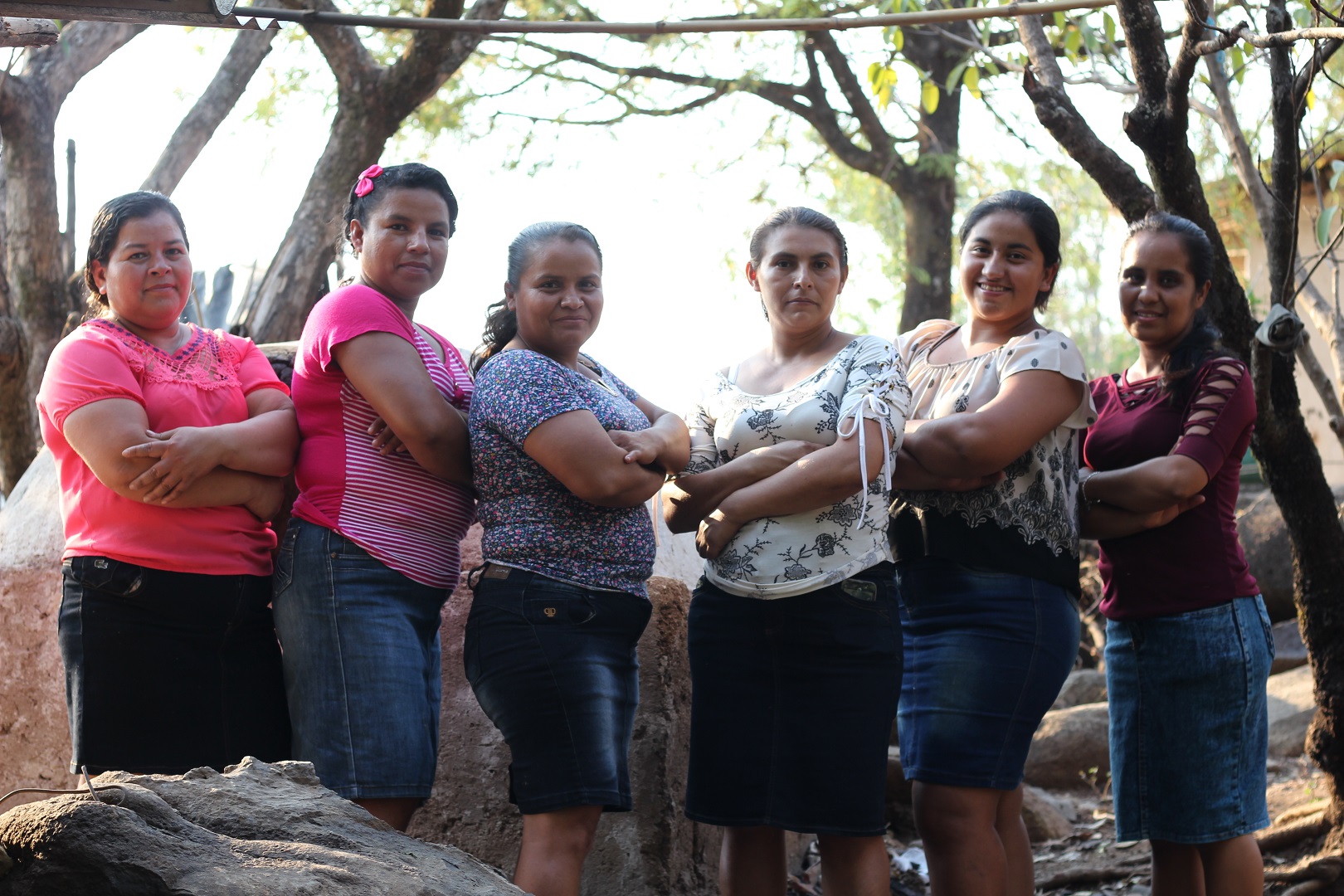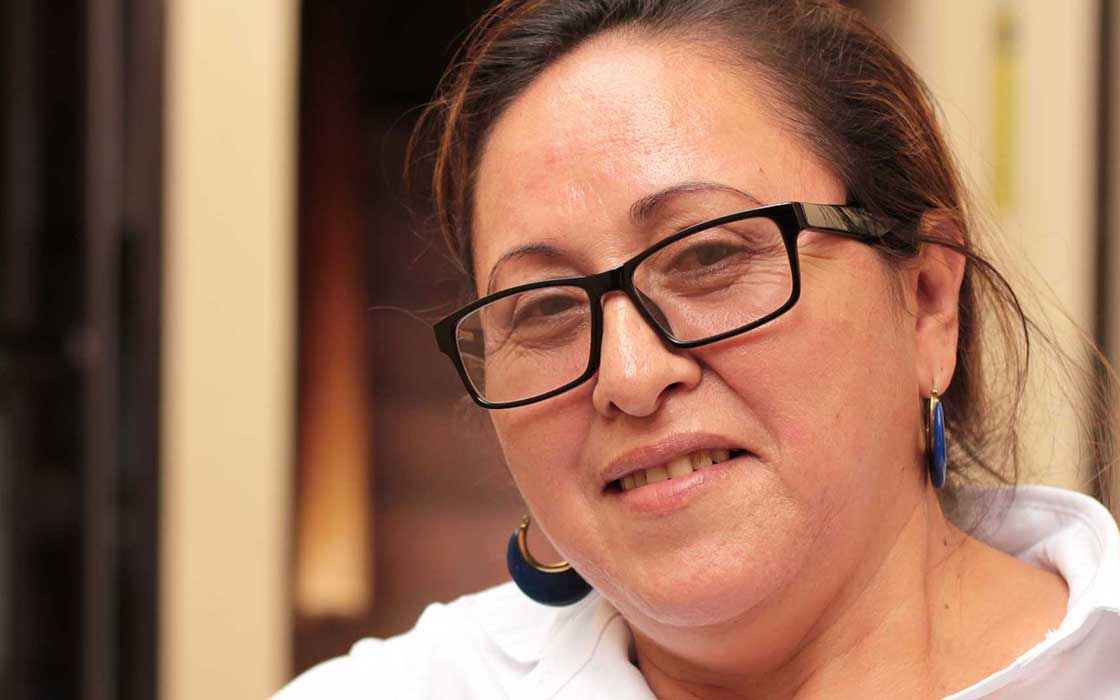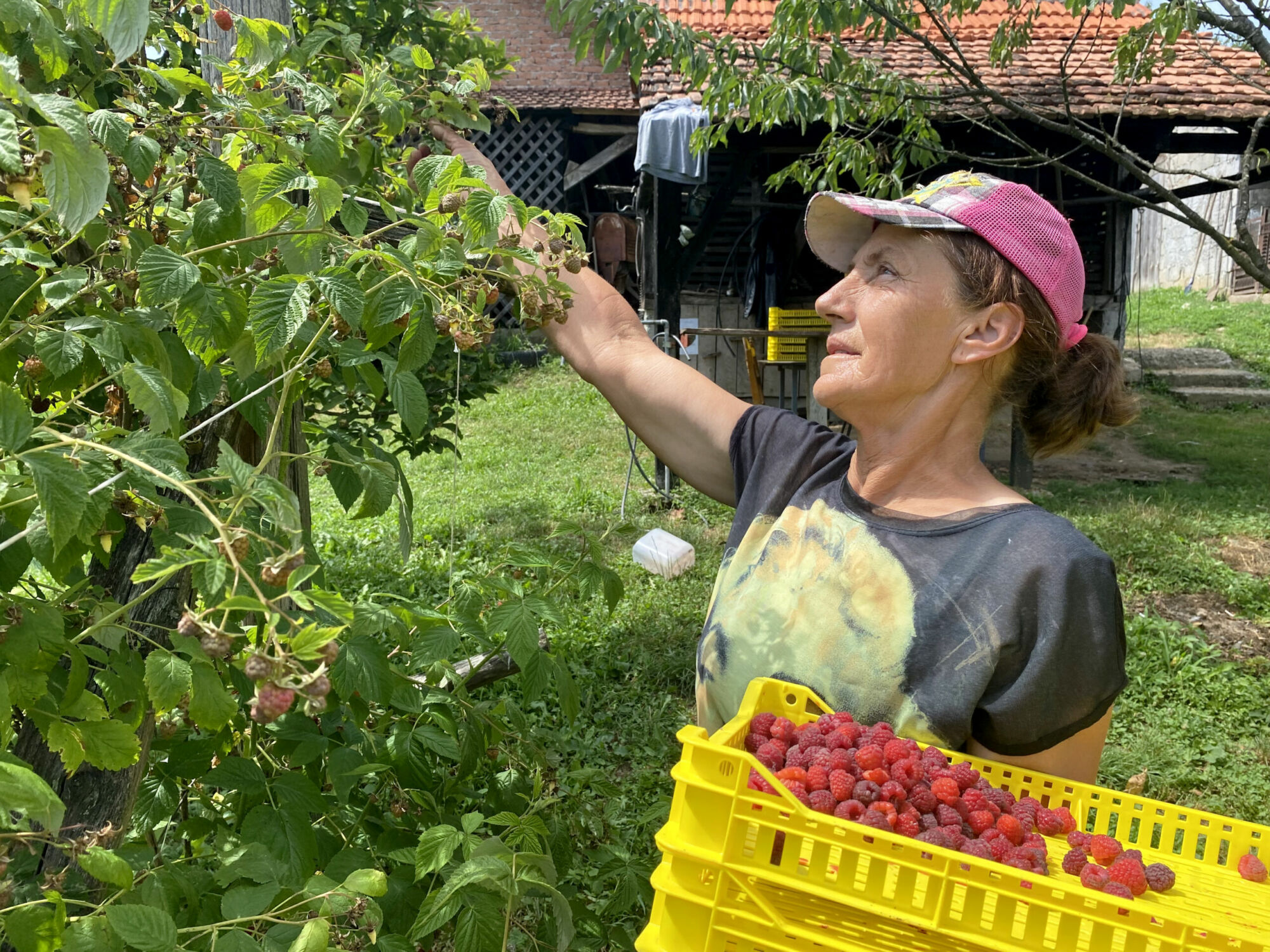In Zimbabwe, although women account for around 80 per cent of agricultural labour, they are rarely able to benefit from the income. The reasons for this are both complex and simple. The system favours men. When a woman marries, she moves to the man’s farm, which is in his name. He pays her family a dowry for her. Part of her traditional duties includes farming the land and taking care of the family. It’s the person who owns the land – the man – who has the legal right to the harvest. And so he’s the one who takes care of the money.
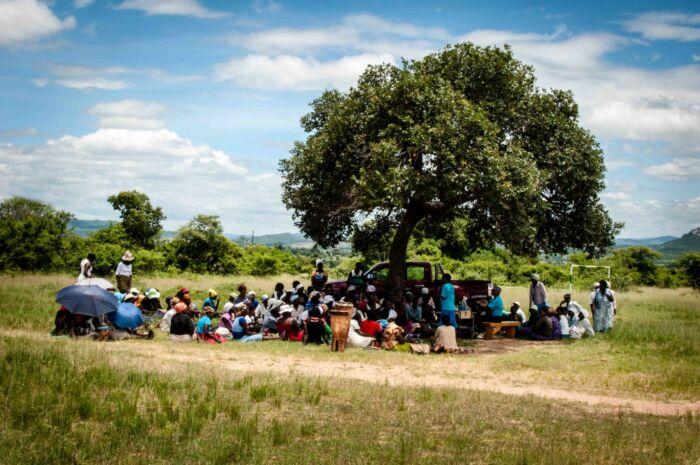
Theresa has participated in study circles at We Effect’s partner organisation Women and Land in Zimbabwe, WLZ. This enabled her to understand her rights and the value of her own strength. Theresa’s strike lasted two years before her husband, Elias, gave up. “He came to me and told me he loved me. He saw that I was worth having. So he gave me three hectares.
I didn’t want more than that. I can do what I want with these and take care of the income myself.” Elias nods in agreement.
“I was wrong before,” he says. “Life is much better now, and I’m so proud of my wife!”
Inspired by her success on home turf, Theresa decided to step things up by standing for election as a councillor. “I want to fight for change in my community.”
Theresa the striker became Theresa the councillor
She spent months meeting people in the local area, and although “Theresa the striker” gained people’s sympathy, election night was nerve-wracking.
“I was just waiting for the results and felt sick to my stomach, so Elias was up making me tea.” Early in the morning, the phone rang: “Theresa, where are you?”
“I went to the polling station and looked at the results. I’d received the most votes! I was so happy I cried.” “Theresa the striker” had been elected and become Theresa the councillor. People came and celebrated with her, cheering and singing. “As ‘Theresa the striker’, I stood up for myself. As a councillor, I want to stand up for our community.”
